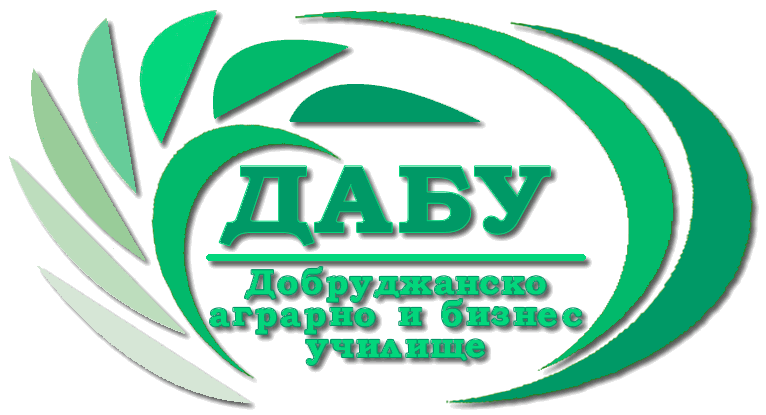Project "Gamified interactive training to prepare disadvantaged learners for international VET mobility in the tourism and hospitality sector" (GAME IT)
| Program: | Erasmus+, KA202, VET |
|
Grant agreement No.: |
2020-1-BG01-KA202-079103 |
| Period of implementation: | 01.12.2020 - 31.05.2022 |
| Project duration: | 18 months |
| Total budget: | |
| Partners: |
Dobrudzha Agrarian and Business School Association (DABS), Bulgaria European Center for Quality Ltd., Bulgaria Directorate of Secondary Education, Chania, Greece Technical University of Crete, Greece Muğla Provincial Directorate of National Education, Turkey INTEGRA INSTITUT, Slovenia |
| Project website: | Under construction |
Project: Gamified interactive training to prepare disadvantaged learners for international VET mobility in the tourism and hospitality sector /GAME IT/, is a joint initiative of a VET provider, an organization active in mobility, 2 public authorities responsible for education, a technical university and an institute specialized in working with disadvantaged and disabled person.
In line with its objective of promoting equity and inclusion, the Erasmus program has facilitated access for disadvantaged participants facing obstacles related to economic situation, disability, learning challenges, social status and geographic remoteness. Yet, obstacles remain. Disadvantaged groups continue to be relatively less likely to participate in international mobilities, even though they stand to gain most from them. This applies both to Higher Education and VET. Reflecting this situation, plans for Erasmus 2021-2027, as laid out in the European Commission proposal and approved by the European Parliament in 2019, bring about heightened focus on creating more international mobility opportunities for disadvantaged groups.
Starting from 01.12.2020 an international consortium of 6 organizations from Bulgaria, Greece, Turkey and Slovenia will implement the project for a period of 18 months.
The project partners come from 4 different countries:
The project consortium join forces to prepare disadvantaged participants for great opportunities given by ERASMUS+ and make mobilities inclusive. The project GAME IT is co-financed by ERASMUS+ program and proposes to introduce gamified elements into the mobility preparation training experience by developing innovative e-learning modules for VET trainees.
Main goal of GAME IT is to gamify e-learning modules for VET learners to prepare them for learning mobilities. Supporting the implementation of internationalization strategies for VET providers Learning mobility is a key mechanism with which the EU has supported learners on the continent. The concept is based on the creation of more opportunities for learners from remote and rural areas and the engaged involvement of those who belong to socioeconomically disadvantaged groups, including minorities and migrants. Gamification utilizes additional tech and behavioral solutions when integrating the e-learning process in the potential of disadvantaged groups. Their attention will be systematically drawn into the opportunities given when cultural awareness is implemented and multicultural skills applied in practice. It can increase the engagement of learners, help them practice knowledge and skills in situations imitating real-life and thus improve the effectiveness of learning.
Target groups:
Our resources address the needs of:
- VET learners belonging to socioeconomically disadvantaged groups, including minorities and migrants -VET learners in remote and rural areas -VET learners exhibiting mild to moderate learning difficulties (low achievers),
- VET educators and organizations working with such learners.
Expected results:
There are three key intellectual outputs to be delivered within the project:
- Sample curriculum for mobility preparation training of disadvantaged learners
- Guidance for educators working with disadvantaged persons on how to organize and manage mobilities for these learners and support participants with special needs
- A fully functional & free gamified training program for mobility preparation of disadvantaged participants allowing learners to determine the difficulty level and to proceed with training in a modular and flexible form
 English (UK)
English (UK)  Български
Български 